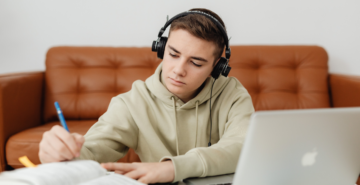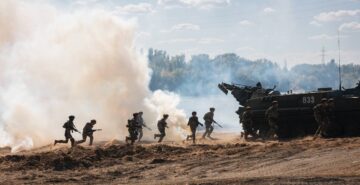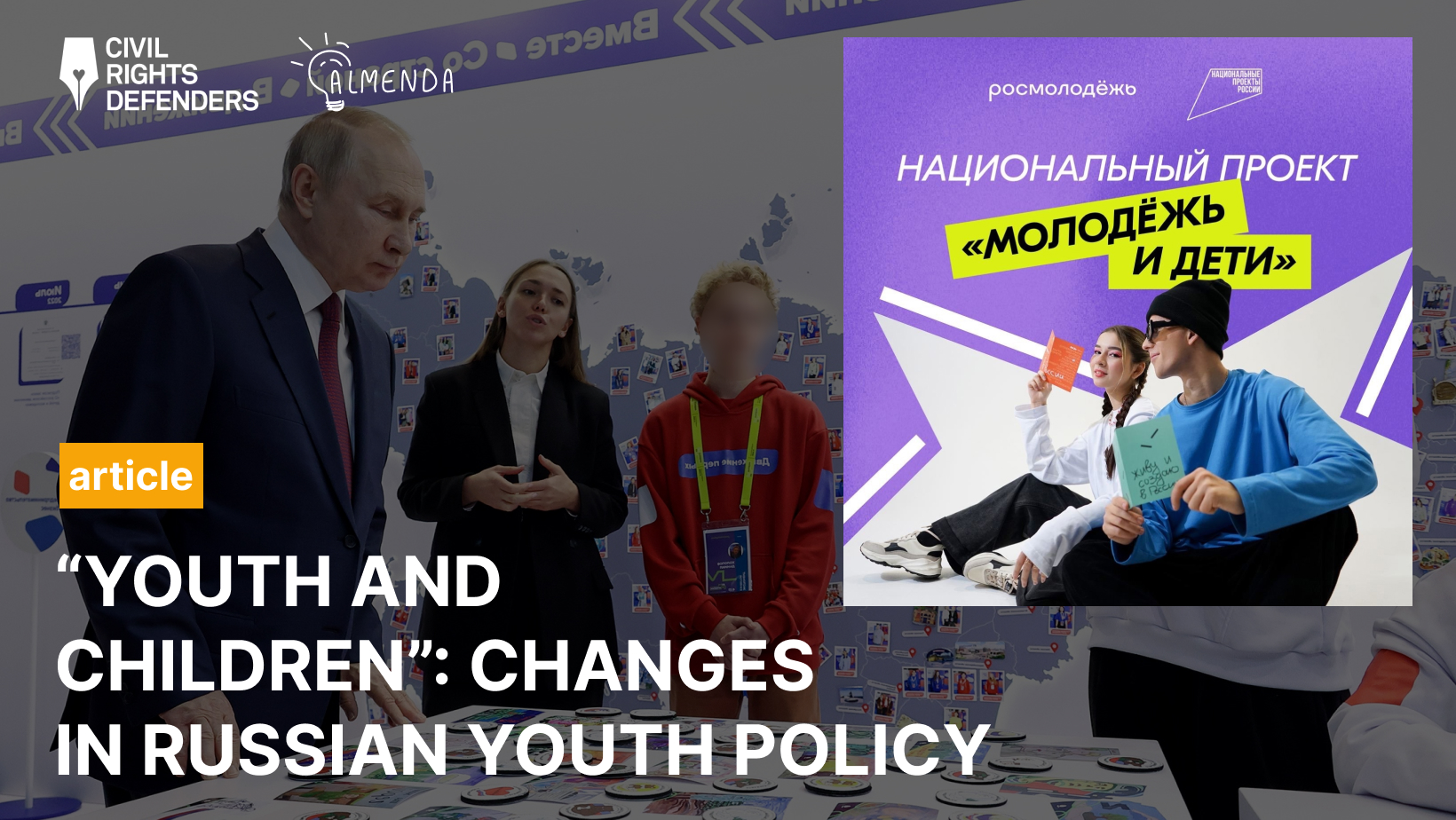

“Youth and Children”: changes in Russian youth policy
Youth policy has always played a key role in shaping social values, mindset and national identity. It acquires special significance in situations of armed conflict, when the control over the minds of young people becomes a tool of influence. The Russian Federation (hereinafter — RF) uses this mechanism for its strategic purposes, as testified by the decision of the Russian President in the year of the full-scale invasion of Ukraine to make youth policy one of the state top priorities. Since 2022, special attention has been paid to this line of policy, with projects scaled up, funding increased and new personnel involved.
The legal basis for Russian youth policy was established within the national project “Education”, carried out since 2019. Its activities extend to the temporarily occupied territories of Ukraine (hereinafter – the TOT): since 2019 – to the TOT of the Autonomous Republic of Crimea, and since September 2022 – to the TOT of Donetsk, Luhansk, Kherson and Zaporizhzhia regions, in agreement with extending normative legal acts to the so-called “new territories”. One of the project’s components was the launch of the federal project “Patriotic Education of the Russian citizens”, intended for militarizing young people and training the mobilisation reserve. This line clearly demonstrates the goals which Russian authorities are trying to achieve through youth policy. The implementation period of the national project “Education” ends on December 31, 2024. What awaits Russian youth policy afterwards?
New project «Youth and Children»
The creation of a national project which would unite all the lines of Russian youth policy has been discussed since 2022. Most likely, the need for its development arose when Russian authorities realized the impossibility of rapid conquest of Ukrainian territory through armed aggression. Therefore, they felt the need for shaping a loyal young generation which could be used as a mobilisation reserve in long-lasting wars. Already in 2023, the project “Strategies of Russian Youth Policy up to 2030” referred to the development of a national project “Russian Youth”. The objectives of the latter included cultivating volunteerism (volunteering), providing the functioning of the patriotic education system, as well as supporting youth and children civil organizations. On February 29, 2024 Vladimir Putin announced the start of the national project “Russian Youth” (later renamed “Youth and Children”), which should be launched in short order and will have been realized until 2030.
“The country’s tomorrow will define the aspirations of the current young generation. […] I suggest consolidating the positive experience in the domain of youth policy and launching the new national project “Russian Youth” this year. It should be a project about the future and for the sake of the future of Russia”,
(note. – editorial translation) – Vladimir Putin pointed out.
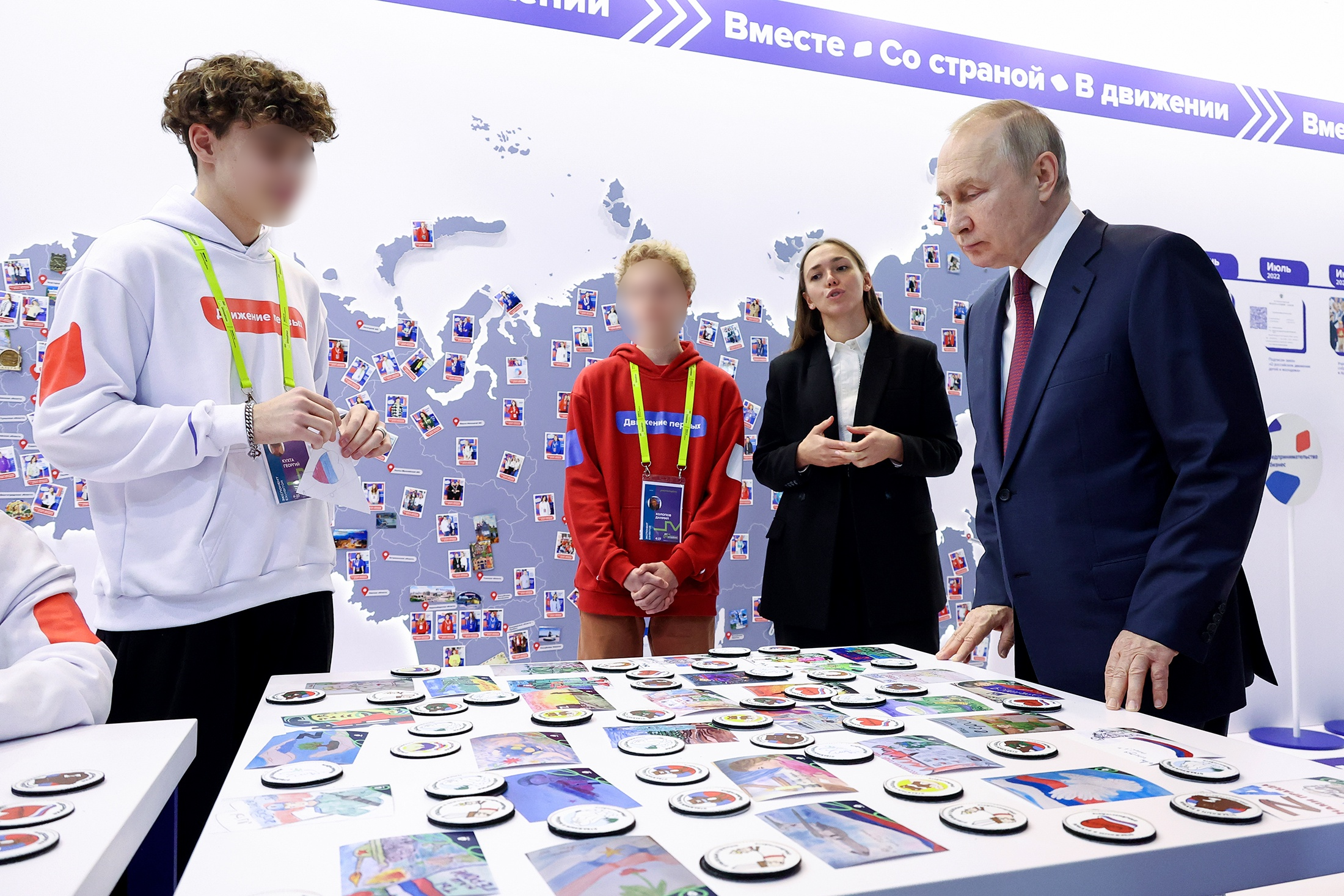

What is known about the project?
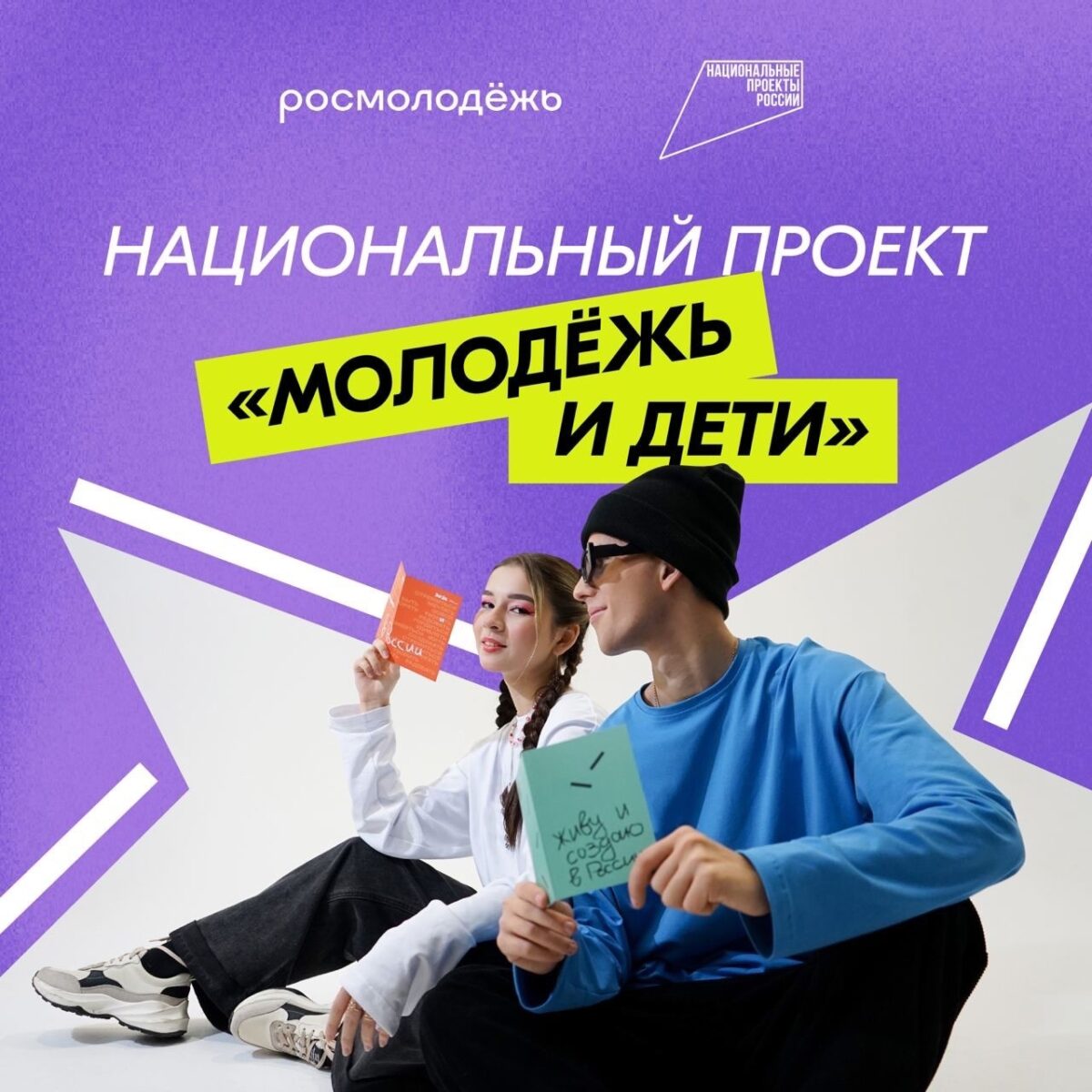

The project “Youth and Children” is aimed at reaching nearly one third of the Russian population – about 50 million people aged from 3 to 35 years. Its organizers include both Russian citizens and young residents of the temporarily occupied territories of Ukraine in this group. Thus the project implementation provides for full extension of its activities to the TOT.
The basic lines of the project are the following:
- creating and developing social elevators for youth;
- engaging young people in preserving traditions, spiritual and moral values;
- creating conditions for the self-realization of youth;
- supporting sports, along with the healthy lifestyle of children and youth.
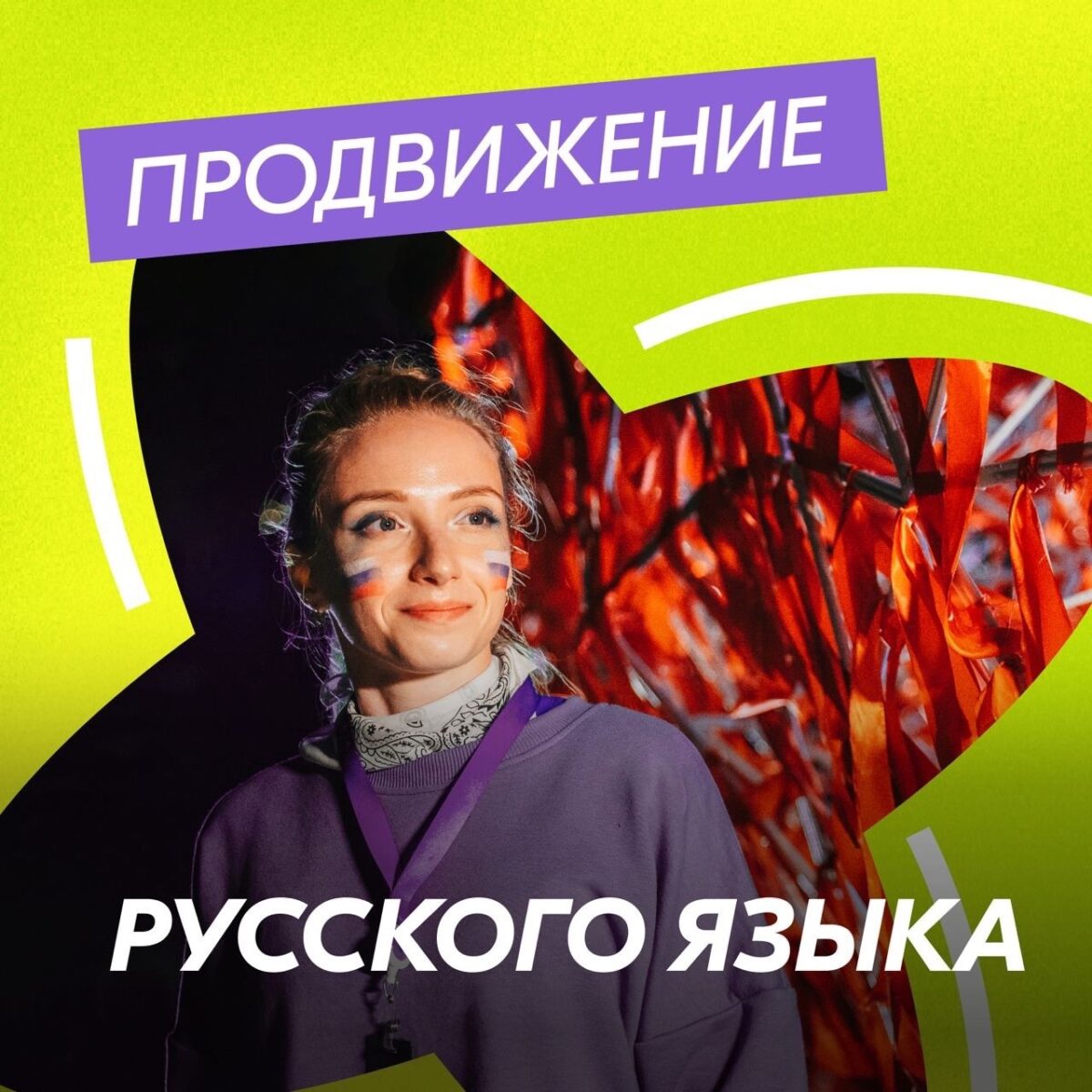

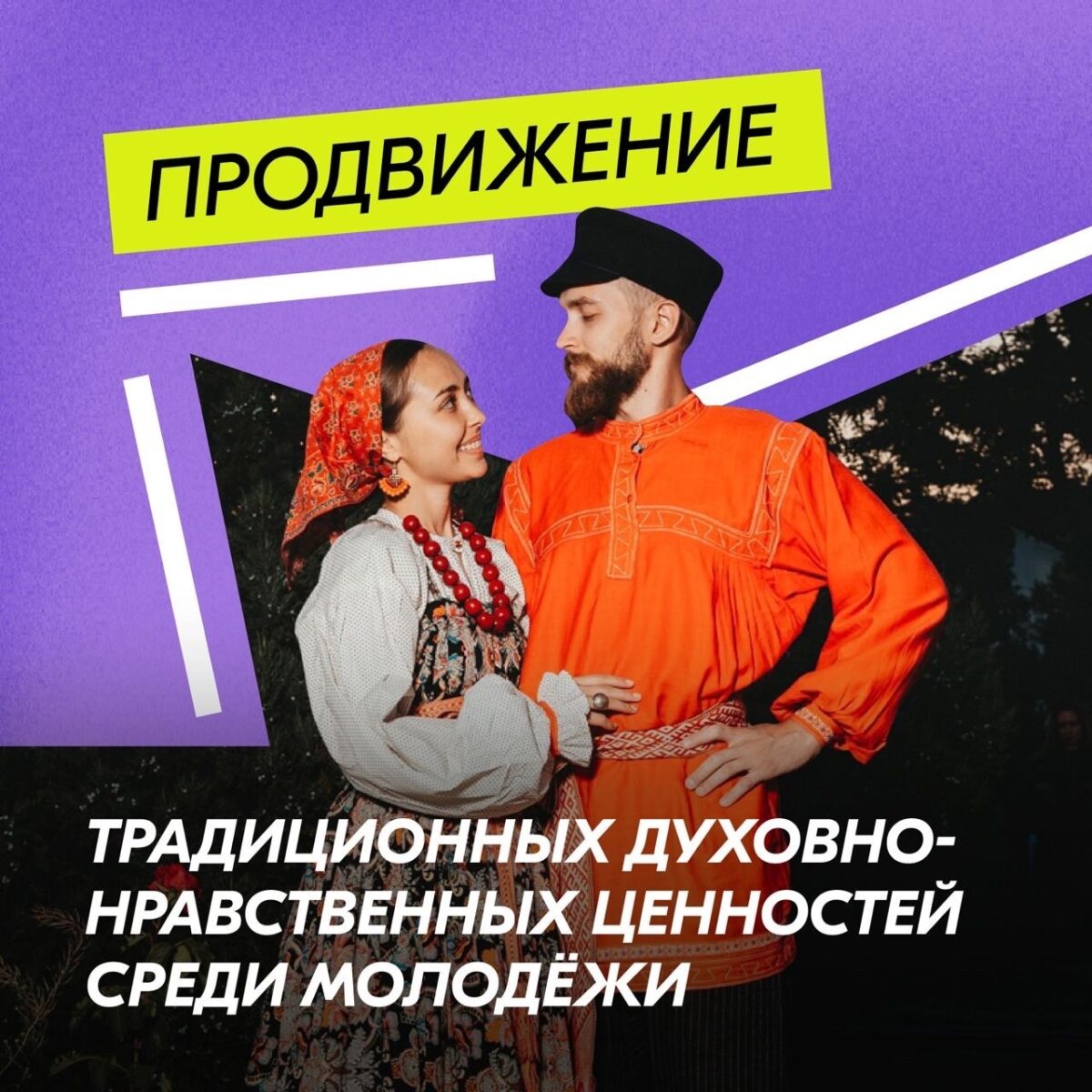

The official goal of the national project is to form a “generation of young Russians”, whose minds are shaped in the “right” direction, advantageous to Russia. “Youth and Children” includes a number of activities which are implemented within 9 national programs:
- “Russia – country of opportunities”;
- “Together we stand (upbringing of a harmoniously developed personality)”;
- “Russia in the world”;
- “All the best for children”;
- “Teachers and mentors”;
- “Leading schools”;
- “Creating a network of modern campuses”;
- “Universities for the generation of leaders”;
- “Professionality”.
The project managers emphasize its scale and uniqueness. According to Ksenia Razuvaeva who was the head of Rosmolodyozh in 2021–2024, such a project does not exist in any other country, which makes “Youth and Children” an unprecedented phenomenon in modern history of Russia.
Among other facts, for the first time in Russian history, military structures – Ministry of Defence of the Russian Federation and the National Guard of Russia – have been involved in implementing youth policy. These bodies are going to guide the line of patriotic education.
A special role in this process is assigned to the participants of the so-called “special military operation”, as stated by Deputy Prime Minister of Russia Dmitry Chernyshenko. He pointed out that these people would take part in the activities related to military-patriotic education, serving as “role models for making the right decisions and shaping the vision of the future”.
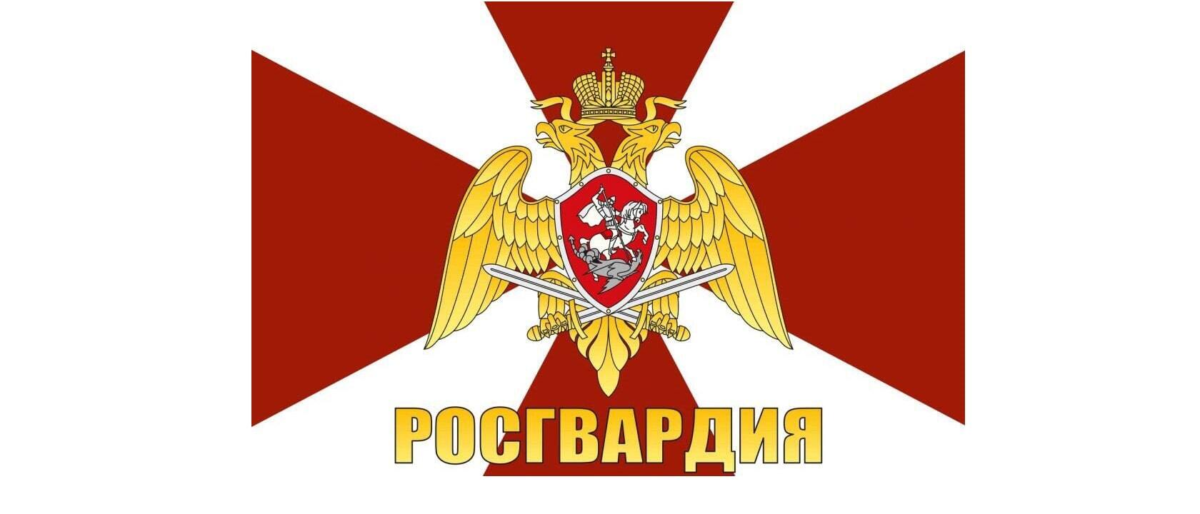

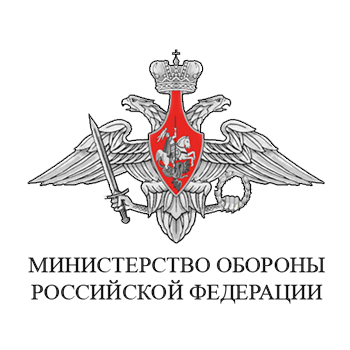

The meetings between children and military personnel have already become a common practice in the TOT. Such events are held at nursery schools, secondary schools and universities, as well as in other educational and cultural institutions. During these meetings, military service is popularized, history facts are distorted, hatred for Ukraine is incited, and servicemen who participate in the war against Ukraine are glorified.
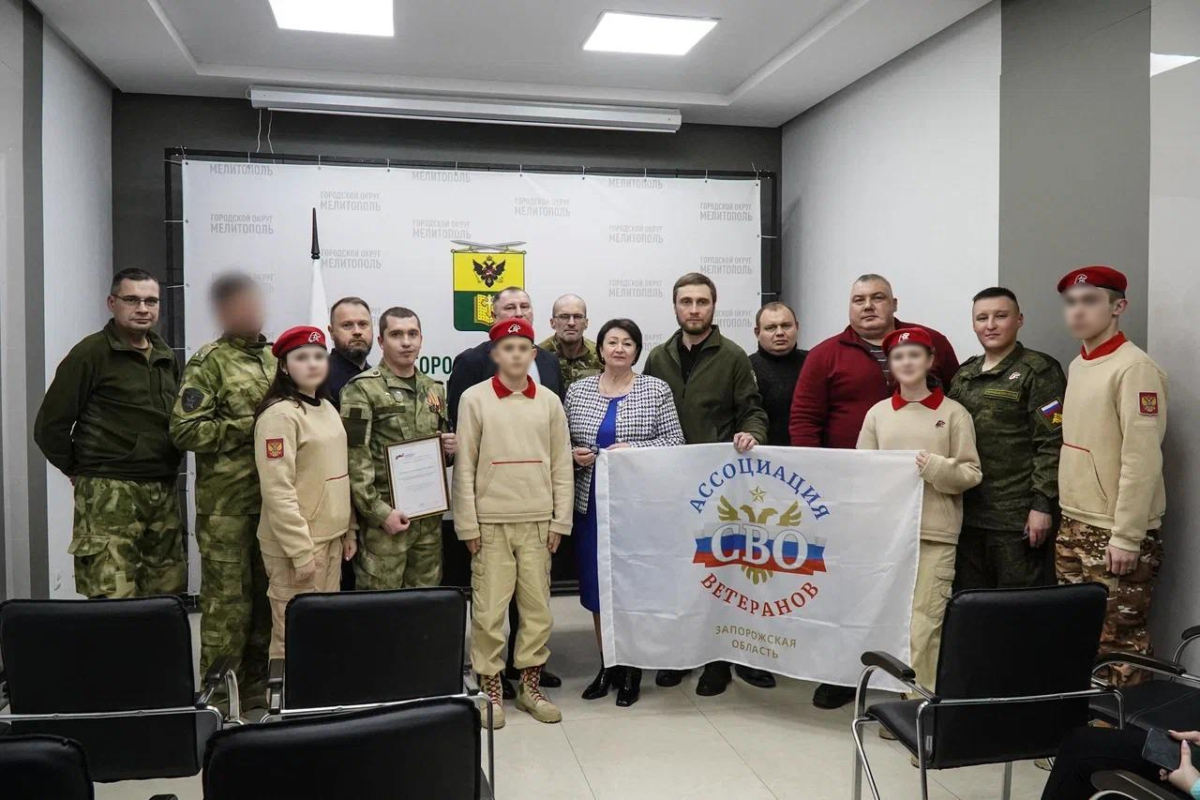

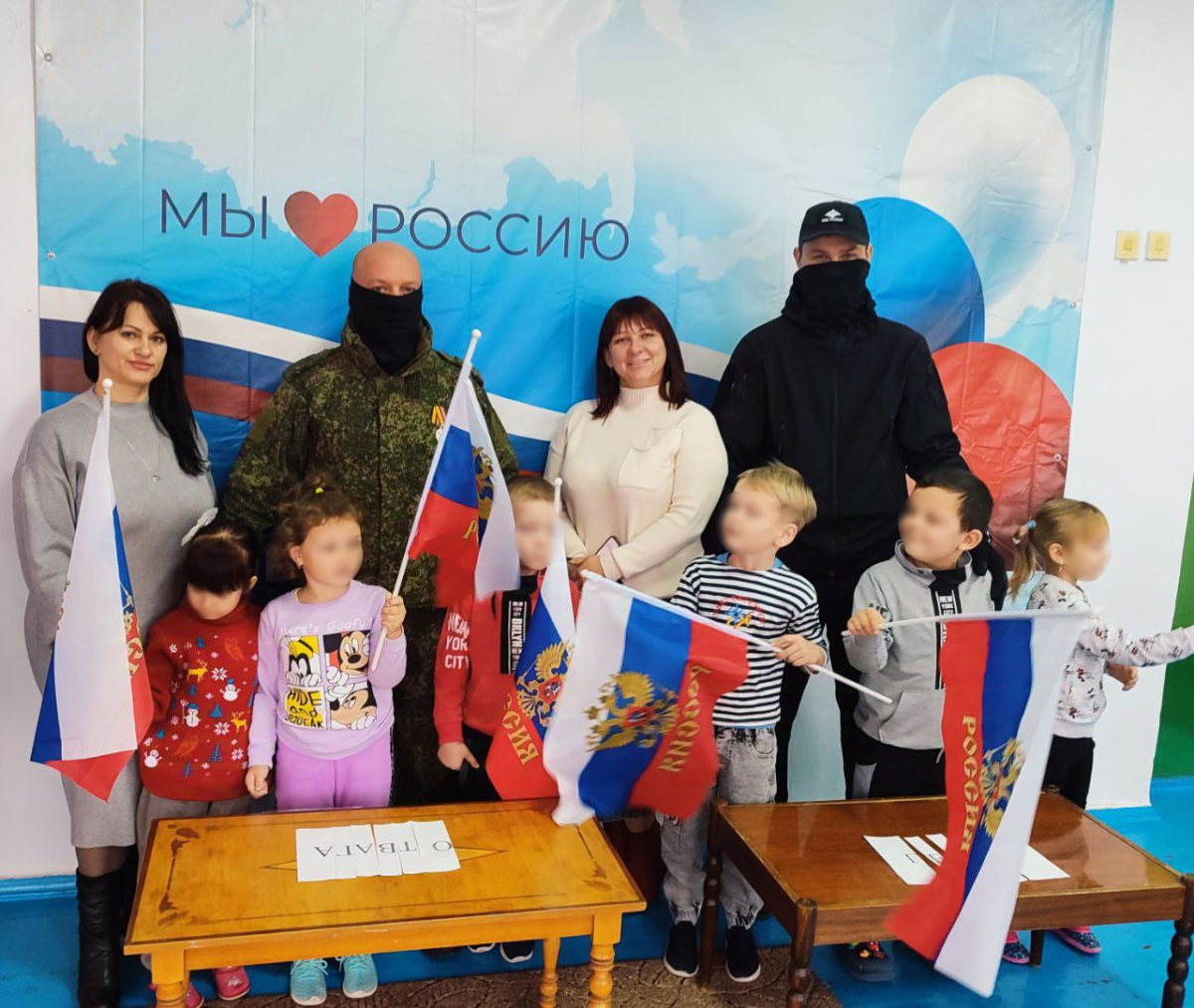

Involving militarized structures and military personnel in the project implementation demonstrates real intentions of the Russian leaders – to reinforce the militarization of the youth and the purposeful impact on their mindset. The main aim of these actions is to upbring a generation which will remain under ideological control, unreservedly ready to participate in wars waged by Russia.
Budget of the project
In the Russian federal budget for 2025, 458 billion rubles (equivalent to 4,37 billion US dollars) are allocated for the implementation of “Youth and Children” project, which is twice the budget of the national project “Education” for 2024. In 2026, the funding of “Youth and Children” is going to be increased to 547 billion rubles (equivalent to 5,22 billion US dollars), and in 2027 — to 550 billion rubles (equivalent to 5,25 billion US dollars). Therefore, this line of policy is a priority for Russian authorities.
Russia allocates 66,7 billion rubles (equivalent to 6,37 million US dollars) of these funds for the patriotic education of youth, provided by the national project “Together we stand (upbringing of a harmoniously developed personality)”.
As of the time of writing this article, the precise list of activities which will be funded within these projects has not been officially published yet, despite the announcements of launching the project at the end of 2024.
Responsible for implementation
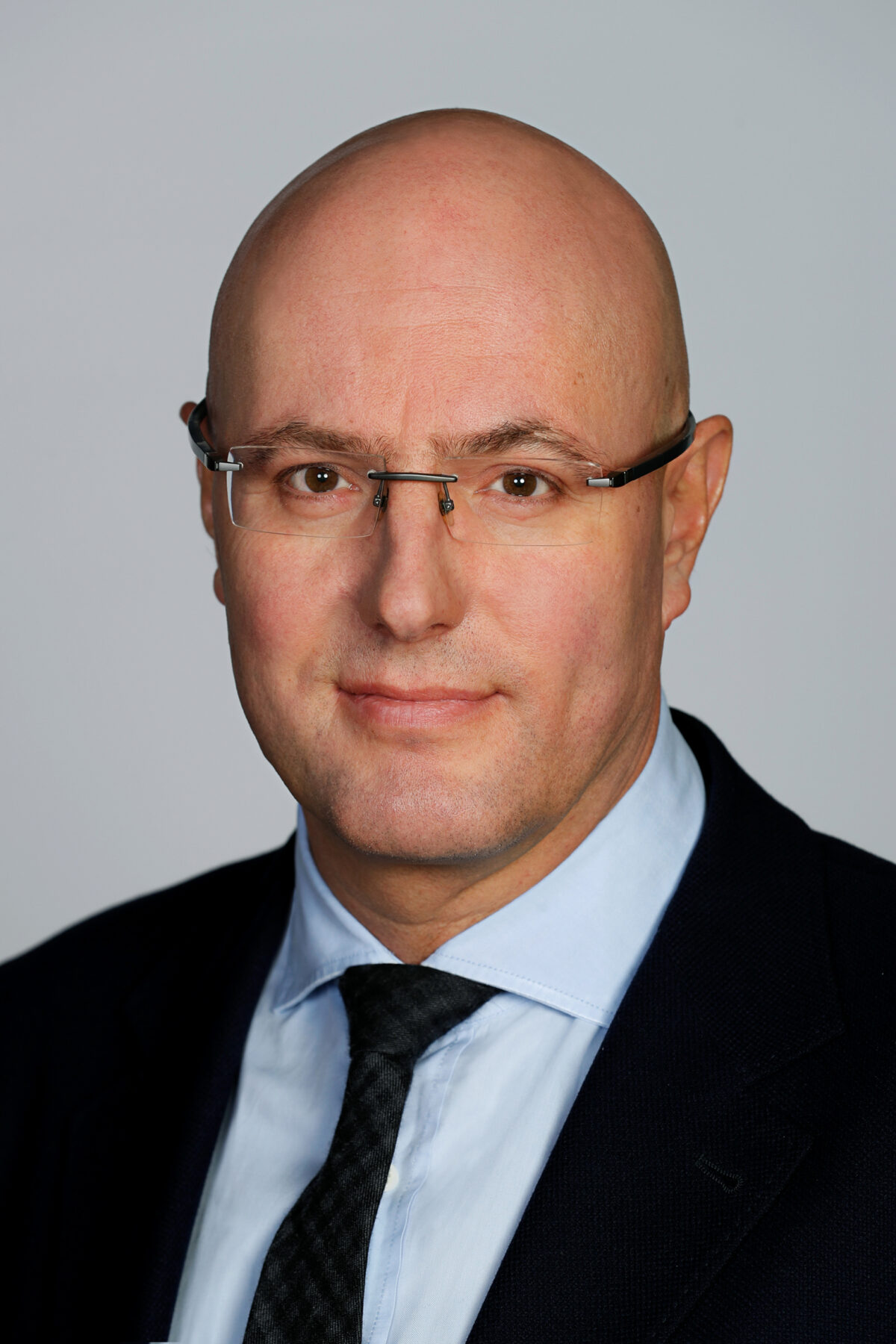

The task of curating the new project was appointed to the Deputy Prime Minister of Russia Dmitry Chernyshenko, responsible for Russian youth policy; this official is also Chairman of the Board of one of the biggest Russian media companies “Gazprom Media Holding”. For his role in support and implementation of the policies and activities undermining the territorial integrity, sovereignty and independence of Ukraine, as well as threatening stability and security in Ukraine, since February 28, 2022 Chernyshenko has been under sanctions, imposed by Ukraine, the UK, the USA, Australia, Switzerland, New Zealand, Canada and Japan.
Dmitry Chernyshenko also heads the project committee, and his deputies are:
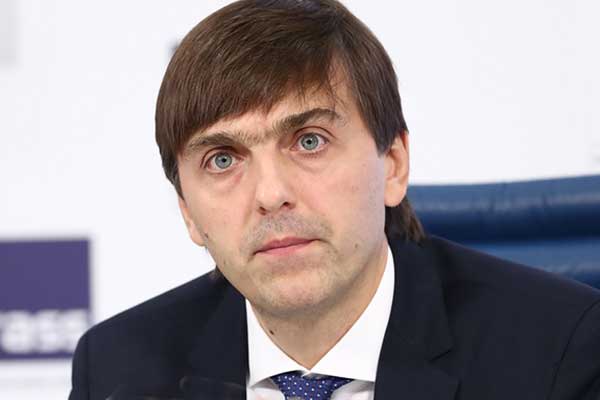

- Minister of Education of the Russian Federation Sergey Kravtsov, whose ministry is responsible for implementing 6 projects, including “All the best for children”, “Teachers and mentors”, “Leading schools’ and “Professionality”. Sergey Kravtsov is under sanctions of the EU, Ukraine, the UK, the USA, Switzerland, Australia, New Zealand and Canada for participating in the organized mechanisms of mass abduction, illegal deportation and forcible transfer of Ukrainian children from the temporarily occupied territories of Ukraine to the RF under the guise of “rehabilitation, recreation and education”.
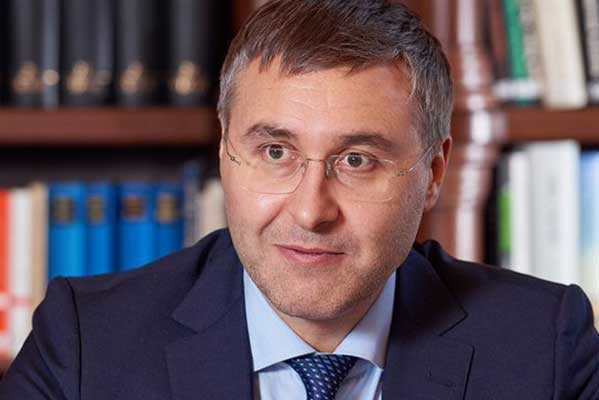

- Minister of Science and Higher Education of the Russian Federation Valery Falkov, also under sanctions of several countries, including the EU, Ukraine, the USA, Switzerland, Australia, New Zealand and Canada. Restrictions were imposed on him for his participation in the activities aimed at the “integration” of children from the TOT of Ukraine into the united Russian cultural-educational space and into the system of civil-patriotic education, used for strengthening ideological control.
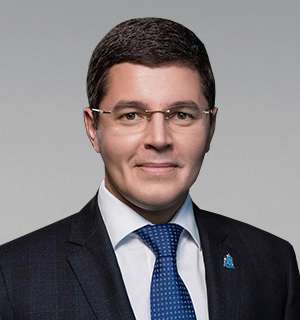

- Governor of Yamalo-Nenets Autonomous Okrug and head of State Council Commission on Youth Policy Dmitry Artyukhov, who is actively involved in the activities related to placing Ukrainian orphaned children in the care of Russian families in Yamalo-Nenets Autonomous Okrug. Artyukhov collaborates with the occupation authorities of the so-called “Donetsk People’s Republic” – among other things, in the issue of youth policy. He has also organized the project “My Russia”, aimed at integrating Ukrainian children into the Russian cultural-educational space. For these actions he is under sanctions, imposed by a number of countries, including the USA, Canada, the EU, the UK, Australia, New Zealand and Ukraine.


The first-hand management of the project is entrusted to the Federal Agency for Youth Affairs (Rosmolodyozh), responsible for coordinating the activity of relevant departments and regions. Since 2022, it has been led by Grigory Gurov who has considerable experience in the domain of Russian youth policy. In 2019-2021, he was Deputy Head of Rosmolodyozh and worked as Deputy Minister of Science and Higher Education under Valery Falkov. From 2022 to August 2024 Gurov headed the organization “Movement of the First”. He is under the sanctions of the USA, the EU, Switzerland and Ukraine for his activities.
That is, all the key figures of the project are under international sanctions for implementing the policy of the illegal deportation of Ukrainian children and their assimilation into the Russian cultural-educational space, as well as for actively collaborating with occupation administrations. This testifies to the systematic focus of the Russian authorities on promoting ideologically controlled youth policy, one of the instruments of which is the project “Youth and Children”.
Covering the TOT
Russian officials’ declarations indicate the active inclusion of the TOT into the Russian system of youth policy. In June 2024, Dmitry Chernyshenko, responsible for implementing the project “Youth and Children”, emphasized that the “new regions” are fully integrated into that system. The occupation authority representatives have been directly taking part in the implementation of the activities planned within the project.
For example, in Zaporizhzhia region the project was personally presented by Ksenia Razuvaeva who headed Rosmolodyozh at the time.
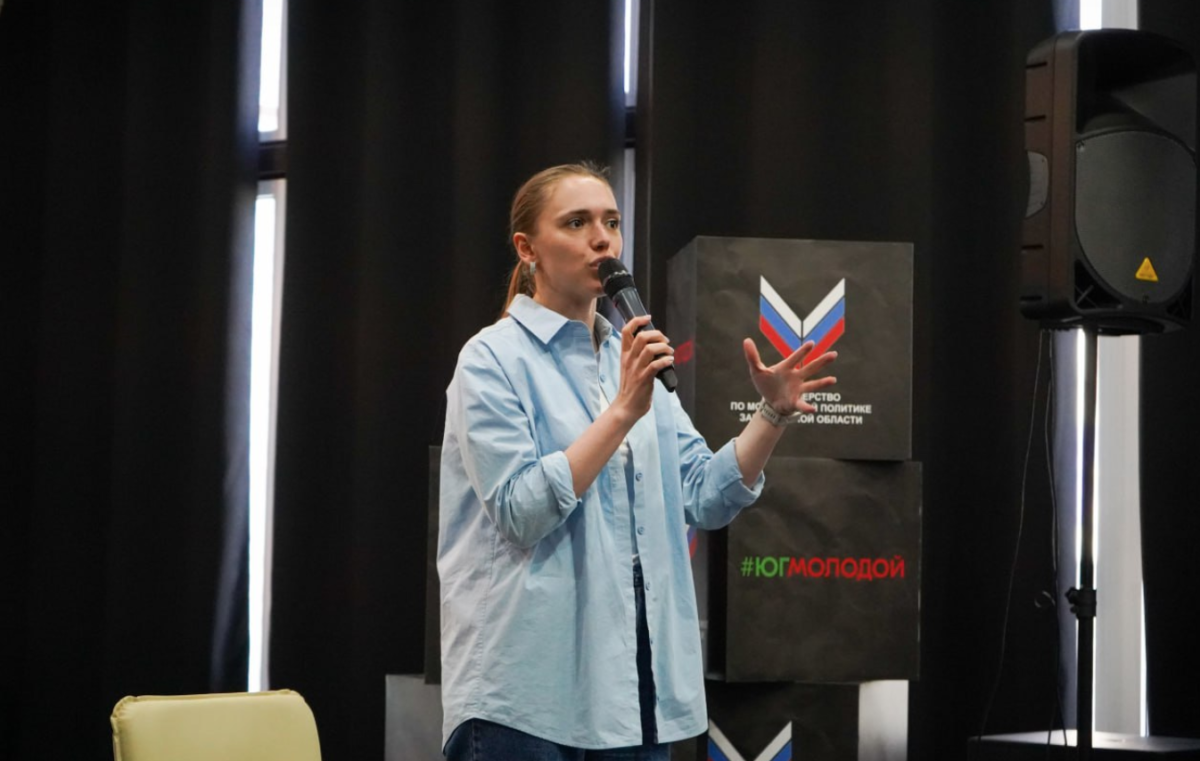

On the other side, the occupation authorities of Crimea were among the first ones who announced the start of the project. Daria Popova, the so-called head of the “Main department for implementation of national projects in the apparatus of the council of ministers of the Autonomous Republic of Crimea”, pointed out that due to the national project new growth points, small sports grounds and quantoriums were opened in the TOT of Crimea.
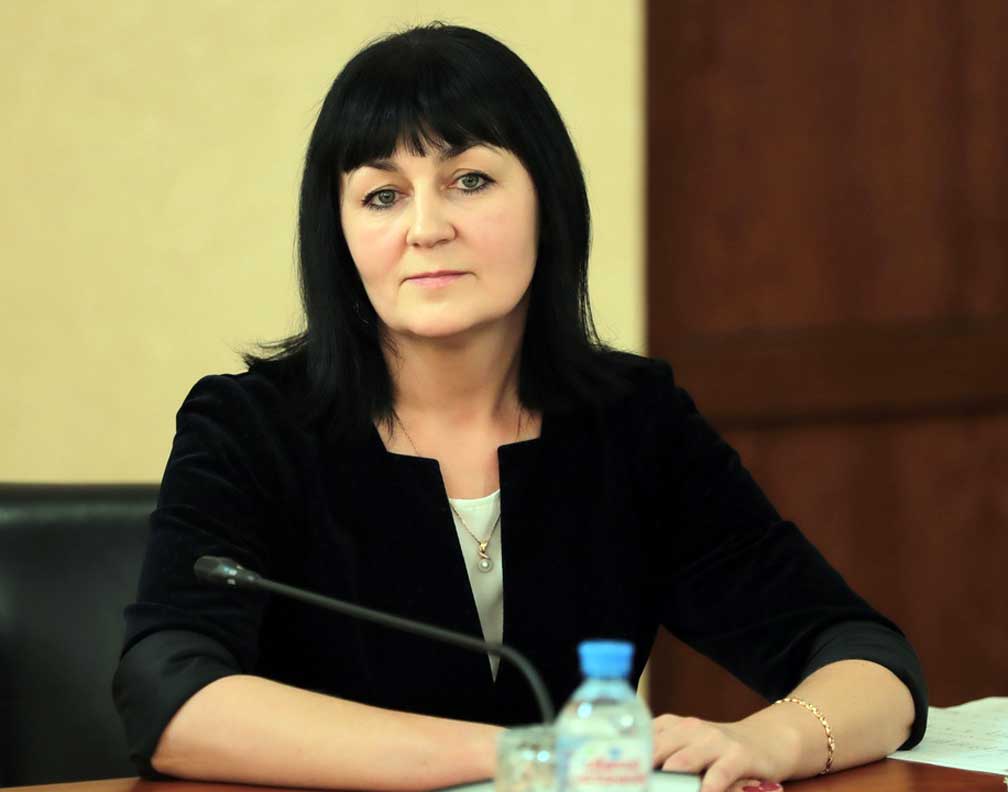

The occupation authorities of Sevastopol, including the so-called “governor” Mikhail Razvozhaev, have also announced the allocation of additional funding for implementing activities within the project “Youth and Children”. Moreover, the so-called “Minister of education, science and youth of the Autonomous Republic of Crimea” Valentina Lavrik participated in the all-Russian meeting of the heads of educational bodies, during which the Russian Minister of Education Sergey Kravtsov presented the main goals of the new project.
The facts confirm the systematic implementation of the Russian youth policy in the occupied territories, aimed at deepening the integration of the TOT into the Russian political, cultural and educational environment. This is a part of a broader strategy for strengthening control over youth through the implementation of ideologically oriented programs.
Within this process, the project “Youth and Children” becomes a key element of pressure and militarization, directed at fulfilling the true intentions of Russian authorities: to upbring a generation which would be under ideological control, susceptible to propaganda, and ready to participate in the wars waged by Russia.
The article was prepared by the Center for Civic Education “Almenda” within the framework of the project “Russian Youth Policy as an Instrument of Indoctrination and Militarization of Children”. The content of this document is the sole responsibility of the Public Organization “Center for Civic Education “Almenda” and does not necessarily reflect the position of Civil Rights Defenders.


